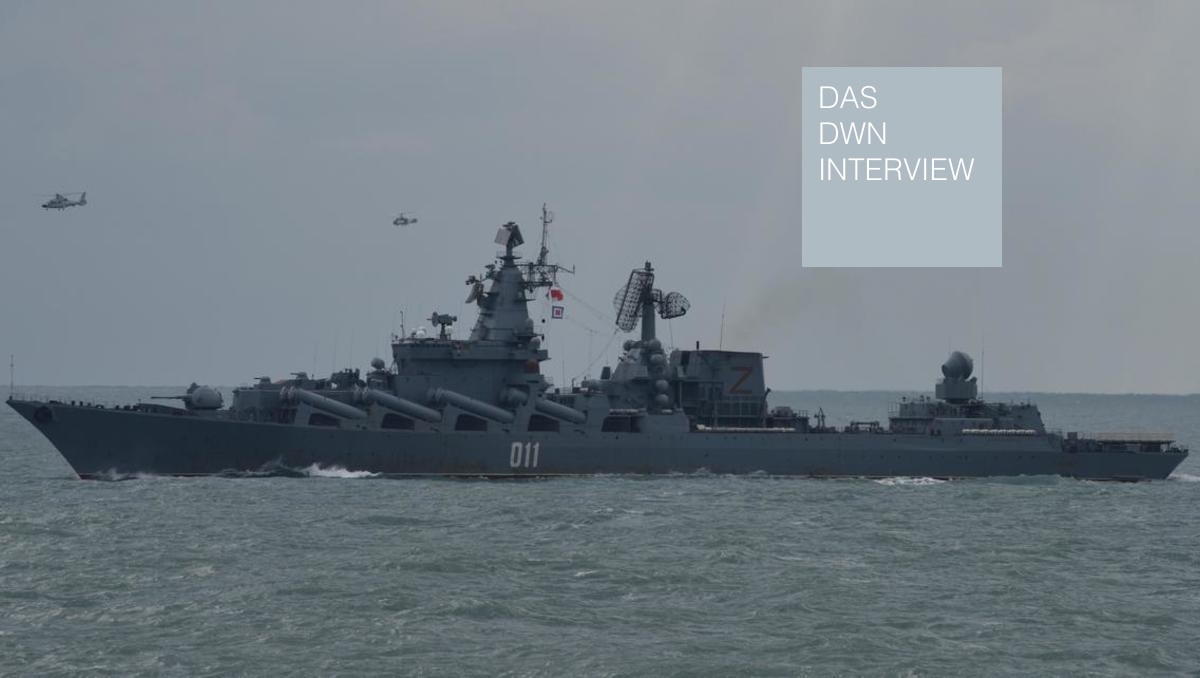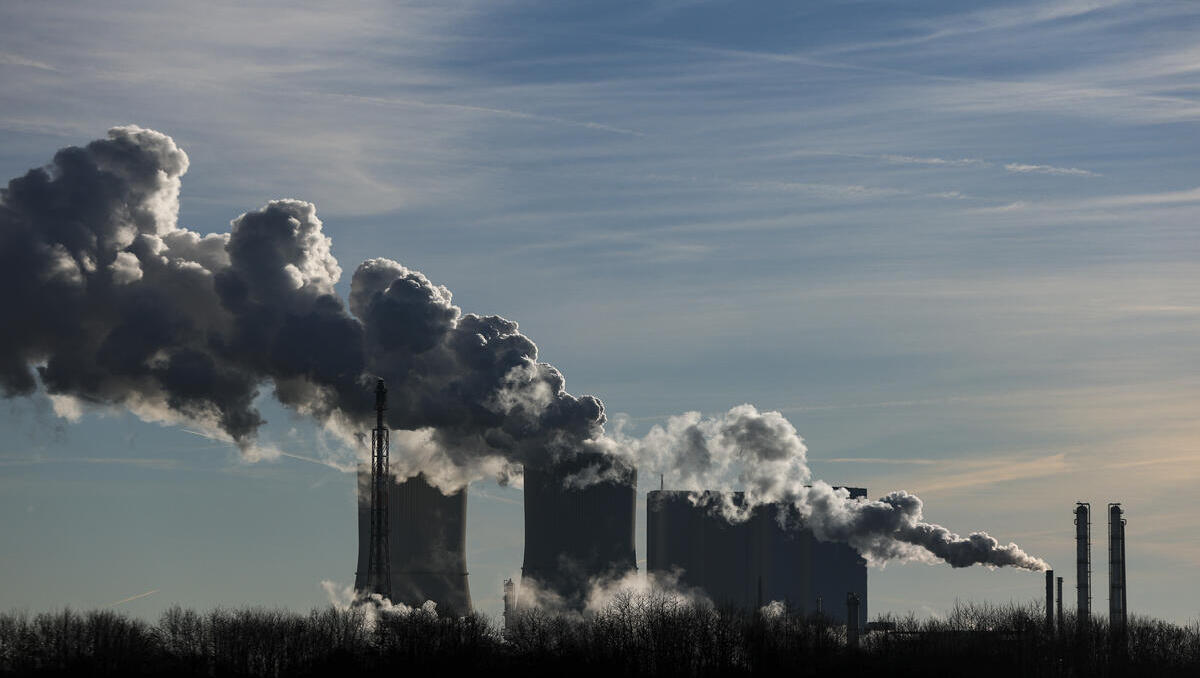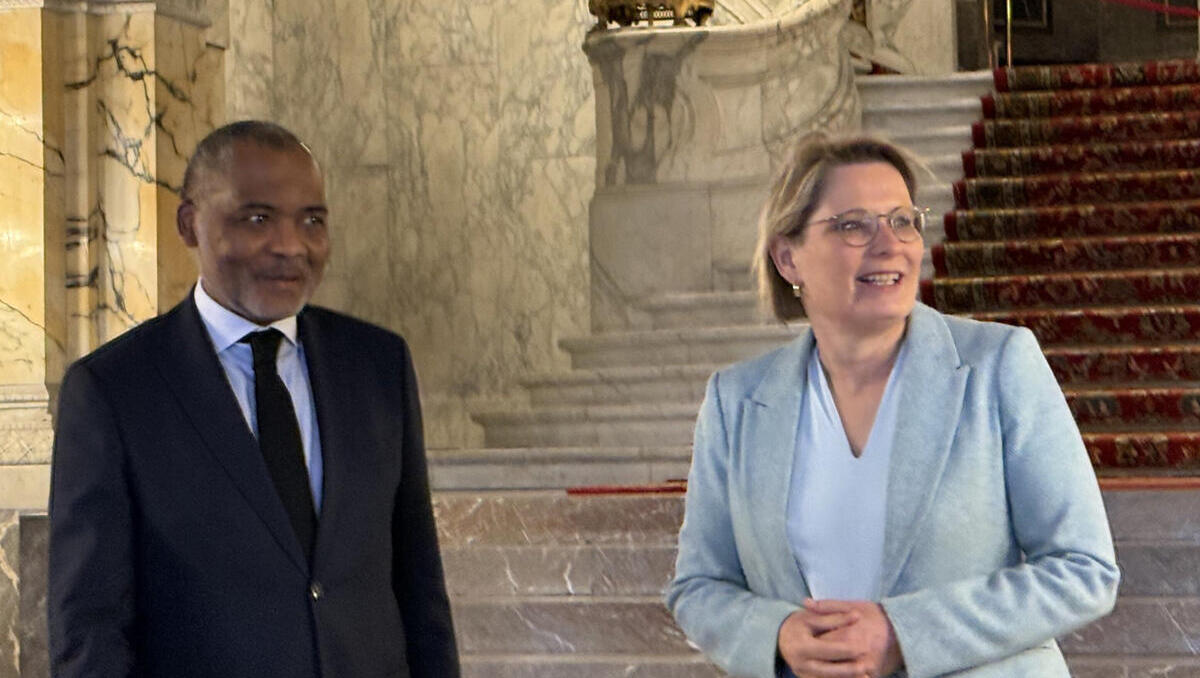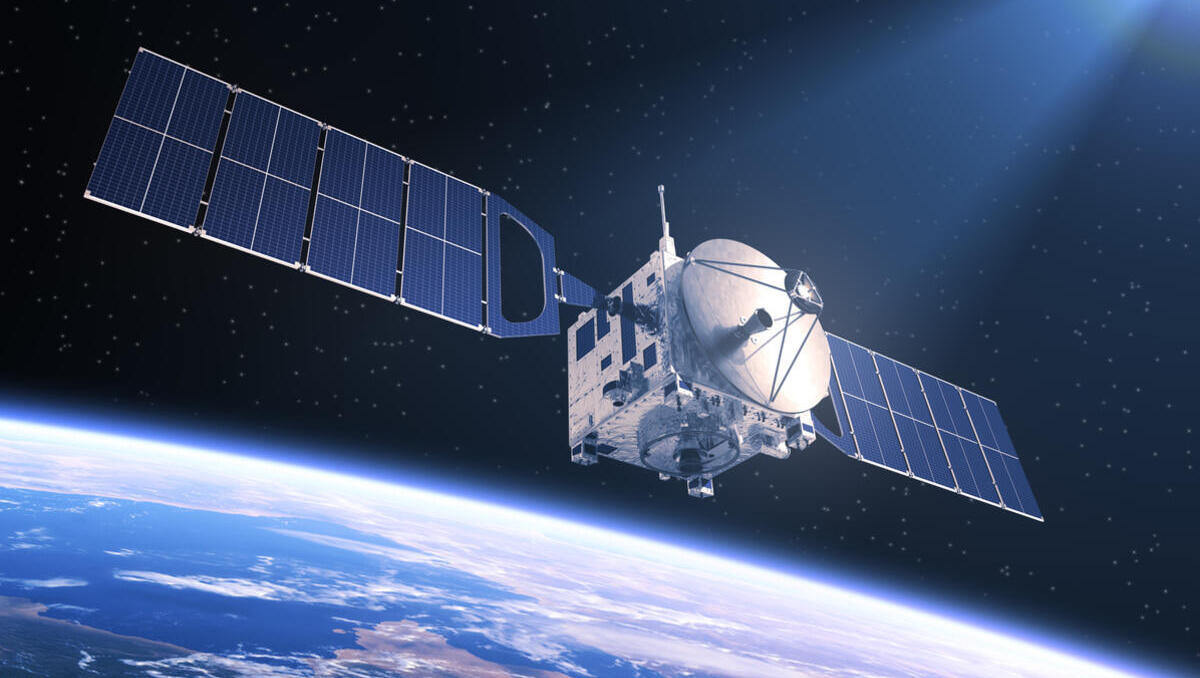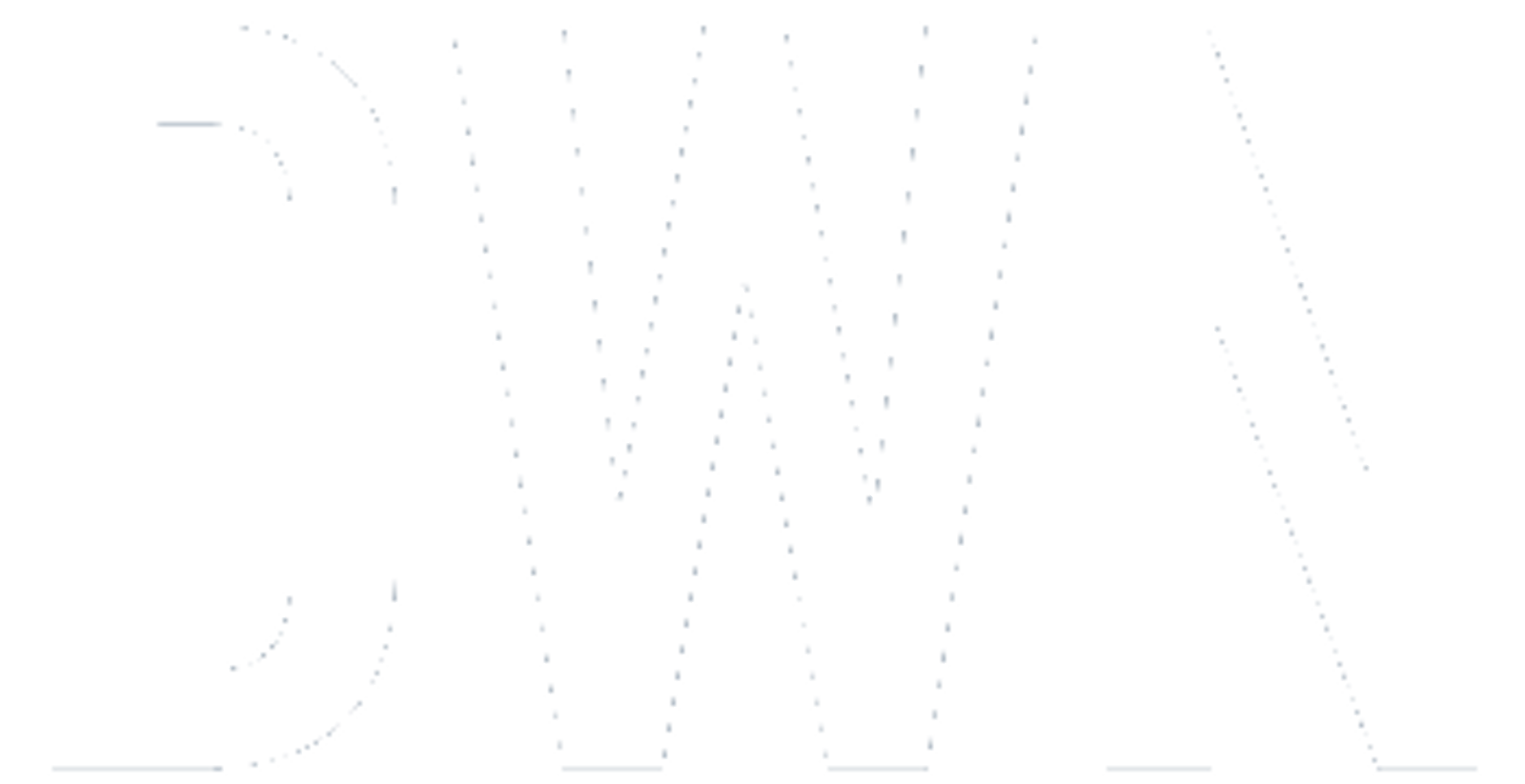DWN: Before we turn to Ukraine and a new world order, a fundamental question about geography: What is the significance of access to the Baltic Sea and the Black Sea for Russia? And isn’t the current war in Ukraine also about control of the Black Sea?
Glenn Diesen: Reliable access to maritime corridors has always been a key feature of the security competition vis-à-vis Russia. The Russians lost their position on the Dnieper River when Kievan Rus fragmented in the 13th century, which meant that rival powers could weaken Russia by limiting its access to important maritime corridors required for trade and security. Sweden was able to deprive Russia of independent access to the Baltic Sea under the Treaty of Stolbovo in 1617. After Russia eventually defeated Sweden in 1721, the British and then the Americans took over the role of weakening Russia by limiting its access to the sea. Containing and weakening Russia by limiting its access to the Black Sea, Baltic Sea, and the Arctic remains a key task of NATO after the Cold War. The Western-backed toppling of Yanukovich in 2014 was largely about converting the Black Sea into a NATO lake. Similarly, former NATO Secretary-General Anders Fogh Rasmussen announced that “after the accession of Finland and Sweden to NATO, the Baltic Sea will now be a NATO sea… if we wish, we can block all entry and exit to Russia through St. Petersburg.” The US development of military bases in Scandinavia also sets the stage from the US to confront Russia in the Arctic. The US finds eager supporters in Europe, who have revived the Intermarium project, the post-World War 1 Polish plan to contain and confront Russia by unifying the countries connecting Baltic Sea, Black Sea, and Adriatic Sea. The revived Intermarium project is now relabelled the Three Seas Initiative as an instrument to expel Russia from Europe.
DWN: Who would be the winners and who the losers of such an “Intermarium” project?
Glenn Diesen: Like any other regional integration project, the Three Seas Initaitive can be a source for prosperity if it is harmonised with and connected with adjacent regional actors. However, the revived Intermarium project is about zero-sum bloc politics in which region A attempts to weaken region B. In the Charter of Paris for a New Europe in 1990 we pledged to overcome the zero-sum bloc politics and dividing lines in Europe, although this agreement was betrayed. Europe will end up being a loser as militarising the new dividing lines on our continent will make us economically weaker and excessively dependent on the US for security.
DWN: Your new book is entitled “The Ukraine War & The Eurasian World Order”. Why did you choose this particular title?
Glenn Diesen: The Ukraine War cannot be fully understood unless it is seen as the result of a collapsing world order and a struggle to define the next world order. Efforts after the Cold War to establish a world order based on liberal hegemony manifested itself in NATO expansion, which entailed cancelling the agreements to end eliminate the dividing lines in Europe and establish a pan-European security architecture based on indivisible security. The foundation for European security and stability became to move NATO’s military infrastructure ever closer to Russian borders, which very predictably provoked the war in Ukraine as leading American officials have warned about for the past three decades. The war has subsequently become a wider struggle of a hegemonic world order versus multipolarity, which is why both NATO and Russia prepared to escalate to the extent they risk nuclear exchange. NATO hopes that defeating Russia will also weaken China and thus revive the liberal hegemony of the 1990s, while Russia sees a victory as a necessity to end NATO expansionism and usher in a more equitable multipolar world order.
DWN: So that would mean nothing less than that in Ukraine it will be decided whether the world order remains unipolar or becomes multipolar?
Glenn Diesen: Exactly, this is reflected in the statements from both the West and Russia. Furthermore, the position of the rest of the world is also explained by the struggle of hegemony versus multipolarity. The world outside of NATO does not support Russia’s invasion of Ukraine, however, they also do not support NATO’s proxy war against Russia as they have no interest in seeing the revival of a world order based on Western hegemony.
DWN: Let’s play this out: What would happen if NATO won the war in Ukraine?
Glenn Diesen: This is a difficult question to answer, which is probably why NATO has not defined what a victory would look like. The objective of defeating the Russian army, and pushing Russia out of Crimea to eventually make Sevastopol a NATO naval base will never happen. This is an existential threat to Russia and we will most likely perish in a nuclear war long before NATO soldiers march into Crimea. However, as numerous American leaders state very openly, by defeating Russia with the Ukrainian army, the US could focus its resources on confronting China. The objective of restoring hegemony and returning to the 1990s requires a defeat of rival great powers by either economic or military means.
DWN: And what would it mean if Russia won the war?
Glenn Diesen: A Russian victory will at best involve the severe weakening of Ukraine or at worst the destruction of Ukraine as a nation-state. It did not have to be this way. Russia was satisfied with a neutral Ukraine and did not put forward any territorial claims to Crimea before the West toppled the government in Kiev in 2014. After the West sabotaged the Minsk peace agreement for 7 years, Russia invaded to impose neutrality on Ukraine. How did the West respond? The US and UK sabotaged the Moscow-Kiev peace negotiations in 2022, all prospects for a diplomatic settlement were taken off the table, and the NATO Secretary General announced that weapons were the path to peace. Even now, as NATO recognises Ukraine is losing the war, they still refuse to discuss neutrality and instead speaks of NATO expansion after the war. What has been communicated to Russia is that the territory it does not conquest will end up in the hands of NATO. In the absence of neutrality as an option, I expect Russia to take all the territory from Kharkov to Odessa.
DWN: Would the existence of NATO - and the EU in its present form - be endangered in the medium to long term in the face of a Russian victory?
Glenn Diesen: Yes. Both NATO and the EU has thrown almost everything into this fight and unity has depended on the promise of victory. Once defeat becomes evident, the ability of NATO to provide security and the ability of the EU to deliver prosperity will be challenged. Furthermore, a blame game seems inevitable as uncomfortable question will be asked, such as: Who blew up the Nord Stream pipeline? Who should be blamed for the EU’s decoupling from Russian markets and to a lesser extent the Chinese market? Who allowed the Europeans to develop excessive security dependence on the US? Why is the US government incentivising weakened European industries to move across the Atlantic? Why was the Minsk agreement sabotaged, and why was the peace agreement in early 2022 torpedoed? A lot of lies have been told about why this war began, how it is going, and how it will end. I do not think the hatred of Russia will be enough to cement unity.
DWN: It seems that the actual strategic and economic interests of Western and Central Europe play no role in the war in Ukraine. Is this impression deceptive?
Glenn Diesen: The Americans will at the end of the day be pragmatic and focus on enhancing their national interests, however, the Europeans have acted extremely irrationally and will become increasingly irrelevant as a consequence. The Europeans are deeply ideological, believing that their security and liberal ideals can only thrive under the collective hegemony of the West. There seems to be little appreciation that the economy and security of Europe will be reliant on the US, which also entails a loss of political autonomy. European leaders continue to fuel the conflict because there is no political imagination for a world order that is not based on hegemony. An entirely new world order is coming based on multipolarity in which Western powers cannot dominate, although the political leaders in Europe cannot move beyond the mentality of bloc politics and insist that Ukraine must be on our side of the dividing lines. EU leaders like Borrell recognise that the era of Western dominance has come to an end, yet they cannot articulate the any visions for multipolarity.
DWN: In your book, you repeatedly allude to the Westphalian order. Can you briefly explain to our readers what this is about and to what extent this concept can be transferred to our times?
Glenn Diesen: The modern world order is based on the Westphalian system that emerged in 1648, in which the hegemonic system and universalism of the Holy Roman Empire was replaced with a balance of power between sovereign equals. The foundations of the Westphalian world order have lived on as evidenced by international law under the UN Charter in which sovereignty is the foundational principle. We were at a crossroads when the Cold War came to an end: we could either develop an inclusive Westphalian order based on the Charter of Paris for a New Europe that accommodated several poles of power, or alternatively develop a hegemonic world order legitimised by liberal universalism. We decided to reject the Westphalian principle of sovereign equality and cancel the pan-European security architecture, and instead pursue hegemony and sovereign inequality as liberal democratic values legitimised a system in which “all states are equal but some are my equal than others”. This system has now collapsed and produced the horrific war in Ukraine, and our focus should be on reviving diplomacy to reach consensus on what we can all build together.
DWN: And now an “Eurasian Westphalian order” is in the making? Will the USA accept it?
Glenn Diesen: This is not merely a return to the past. In the new multipolar Westphalian system, some of the most powerful poles of power are non-Western. The US has made it clear it will not accept the loss of global primacy and has made it its strategic objective to weaken Russia with European proxies, weaken China with Asian proxies, and weaken Iran through Middle Eastern proxies. This new Cold War is sold to the world as an ideological struggle between liberal democracy and authoritarianism, although this becomes an extreme and dangerous simplification that prevents a workable peace.
DWN: What do you think the world order could look like in ten years’ time?
Glenn Diesen: The international system will be defined by chaos as long as the West is attempting to pull the world back to unipolarity, while the rest of the world is pulling in the opposite direction towards multipolarity. This chaos will be characterised by wars between the great power and economic decoupling, which will inevitably include reduced freedoms in an effort to preserve political and social cohesion. I hope that people will reject the current mantra that weapons are the path to peace, while diplomacy and negotiations have become naughty words. Hegemony is already lost. Our options now are therefore to either adjust to multipolar realities through diplomacy or continue on the path of another world war.
Glenn Diesen is a professor at the University of South-Eastern Norway (USN) and an editor at the Russia in Global Affairs journal. Diesen is the author of 11 books on Russian geoeconomics and Eurasian integration. His most recent book is “The Ukraine War & the Eurasian World Order”.

